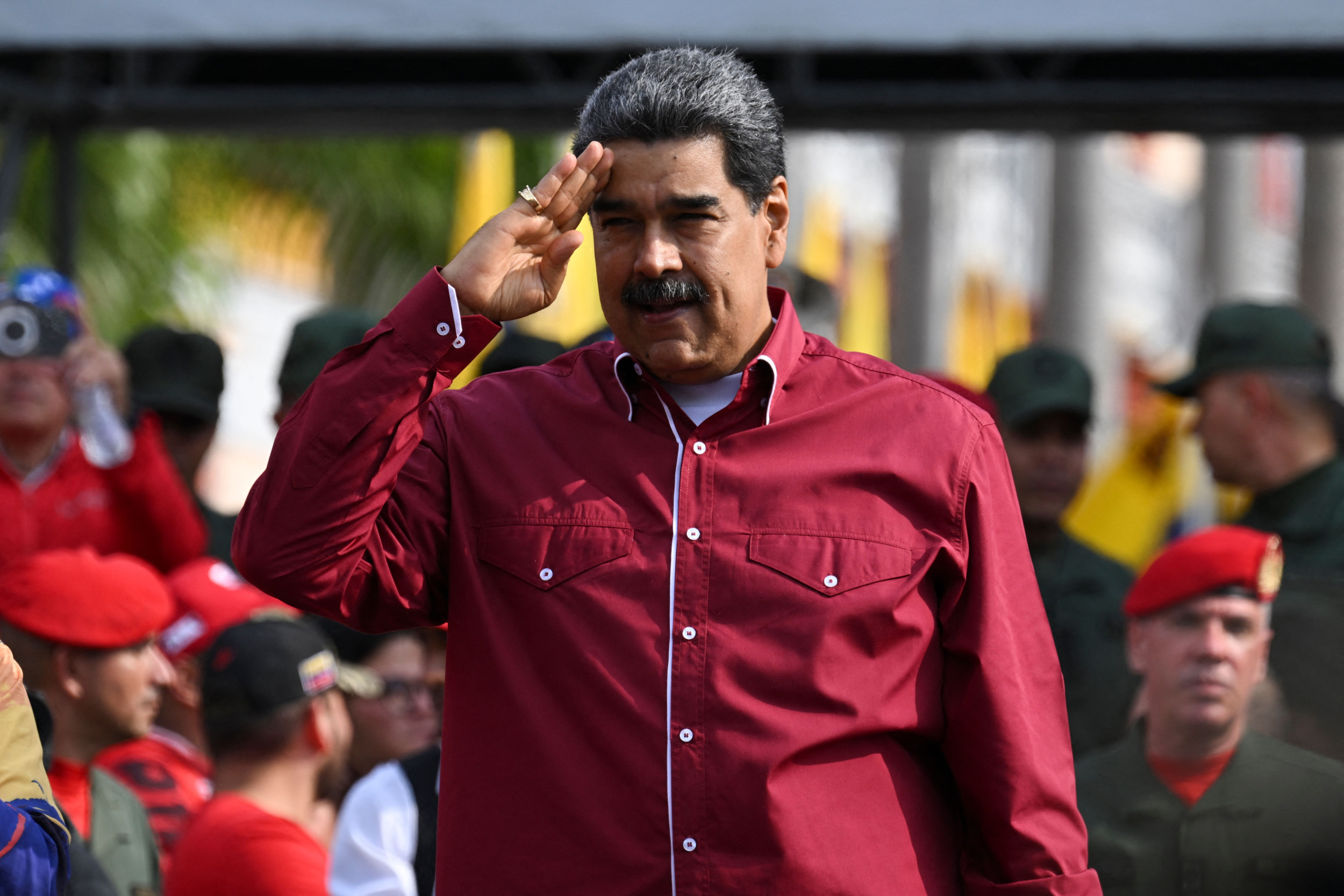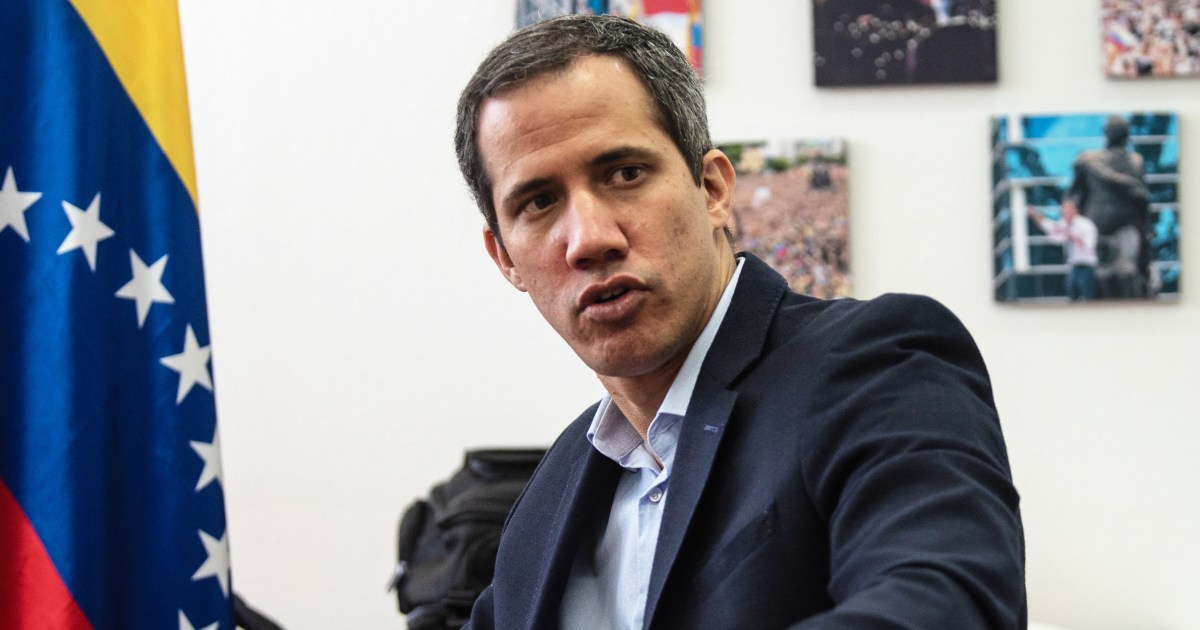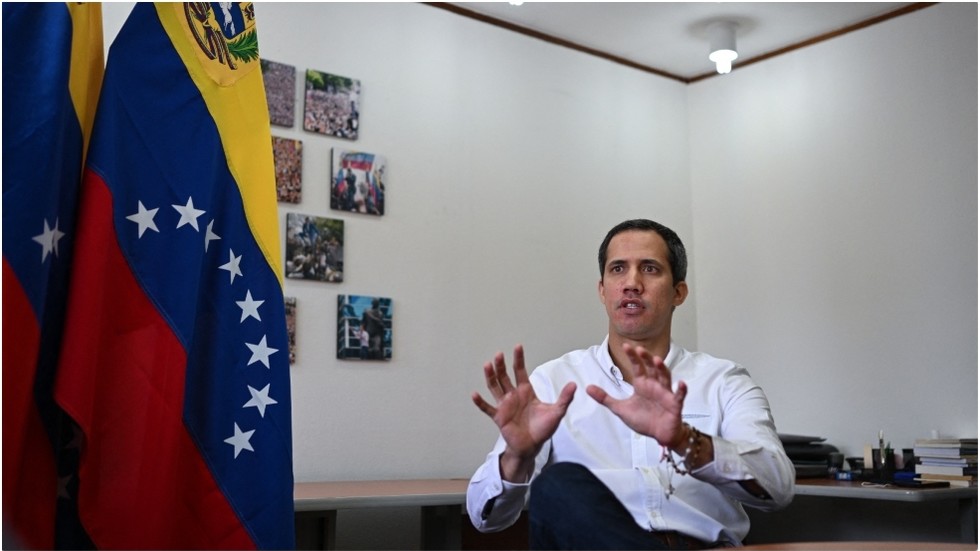The Facts
Colombia's Pres. Gustavo Petro has unilaterally suspended a ceasefire with the rebel group Estado Mayor Central (EMC), a dissident offshoot of the Revolutionary Armed Forces of Colombia (FARC), allowing the military to resume operations in four southern provinces.
This announcement comes two days after the National Organization of the Indigenous Peoples of the Colombian Amazon (OPIAC) denounced the killing of four indigenous minors who tried to escape after being forcibly recruited by the EMC's Carolina Ramírez Front in the Putumayo department.
The Spin
Left narrative
Though significant obstacles remain, the fact that Colombia and its leaders have indicated there is hope for peaceful dialogue shows that this historically violent Latin American nation may have turned over a new leaf. It won't be easy to persuade all stakeholders to reach an agreement, but Petro has already conducted more diplomacy than his predecessors.
Right narrative
It's evident that Colombia needs total peace, but Petro's disastrous plan is encouraging illegal narco-terrorist armed groups to keep committing crimes as they will be rewarded with total impunity. Instead of allowing asset laundering operations to benefit criminals, Colombia should bring these groups to justice and force them to pay sanctions and hand over their tainted money to the Colombian people.
Cynical narrative
Petro's "Total Peace" plan offers a general framework to open dialogue and is a step towards achieving his ambitious goal, but the strategy is risky as there is no alternative if negotiations go wrong or if criminal groups refuse to lay down their arms. Most problematically, this proposal fails to tackle the roots of violence in Colombia and could further decentralize groups, as evidenced by the FARC's demobilization.








